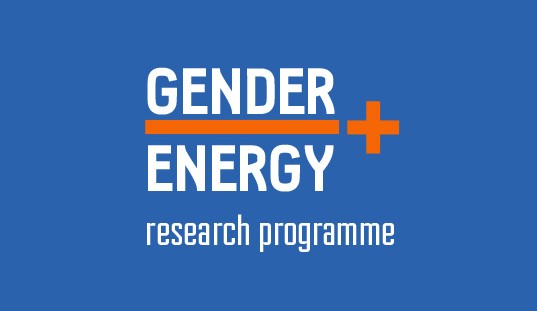In 2014, the ENERGIA International Network on Gender and Sustainable Energy established a large research programme to generate and analyse empirical evidence on the links between gender, energy and poverty, and to translate this evidence into recommendations for policy and practice. Five individual four-year research projects will start in January 2015. The research programme is funded by UK’s Department for International Development (DFID) as part of its commitment to the Sustainable Energy for All Initiative (SE4All).
Why
Globally, over 1.3 billion people do not have access to reliable and affordable electricity services, and over 2.6 billion people do not have access to clean cooking facilities. In 2011, the global ‘Sustainable Energy for All’ (SE4All) initiative was established to address these issues, and DFID is supporting the initiative through its research and evidence funding and its policy work. Research is needed to inform evidence-based policy and practice that can realise the potential socioeconomic impacts of energy interventions.
Currently, independent empirical evidence is lacking on differences in the impacts on men and on women related to characteristics of energy supply and access, and also in the use of end-use equipment. Such knowledge is necessary to create insights into how to enhance the positive impacts for all. With the large current efforts to increase energy access, this is an urgent issue as there are many indications that access and impacts differ. Also, the indications that a gendered approach to energy supply, involving women in decision-making and in the supply chain, is beneficial to increasing sustainable access have not been substantiated and generalised into evidence that can be used to guide practice.
It seems evident that taking a gendered approach in policy and practice will be necessary to achieve the target of universal access to energy by 2030. For the nearly twenty years since its foundation, ENERGIA has worked with governments, donors, civil society and public and private sector energy organisations to incorporate a gender approach in policy and practice. It is against this background that ENERGIA is managing this research programme to generate empirical evidence that is rigorous, has scientific legitimacy, buy-in by policymakers in the energy sector and yields generalisable and policy-relevant findings that are likely to be replicable and scalable.
The consortia include partners from research institutions, NGOs and private companies, offering both the capability to perform high quality research and to create links to policy and practice. The research programme has been formulated using the Theory of Change: central to which is the idea that evidence can have a strong influence on policymaking. Within this research programme, five consortia will perform research, each covering a different research area within the theme of gender, energy and poverty:
- Electrification through grid and decentralised systems, with a focus on impacts;
- Productive uses of energy; looking at the benefits of energy access for income generation;
- The political economy of energy sector dynamics; this is a relatively new approach to energy sector analysis, and studies decision-making while recognising that different actors will differ in their experiences and expectations of the advantages and disadvantages of choices made;
- Energy sector reform; and
- The role of the private sector in scaling up energy access.
Programme structure
ENERGIA’s International Secretariat will manage and coordinate the programme and support the dissemination activities. Sheila Oparaocha, Annemarije Kooijman, Huub Kwantes and Rand Al-Shamaa will be supported by Joy Clancy as Principal Investigator. The Programme has a Technical Advisory Group consisting of experts in both energy and gender and from multilateral organisations and research institutes.
Expected impacts
The research programme not only addresses the lack of the information necessary for evidence-based policy and practice. Within the programme, the involvement of stakeholders throughout the process, the organisation of workshops to discuss implications for policy and practice, and the active dissemination both of findings and of recommendations for policy and practice are expected to lead to new policy and practice. The impacts are expected to take place not only in the countries studied by the various consortia; efforts will be made to extend the findings to other contexts.











Follow us on: